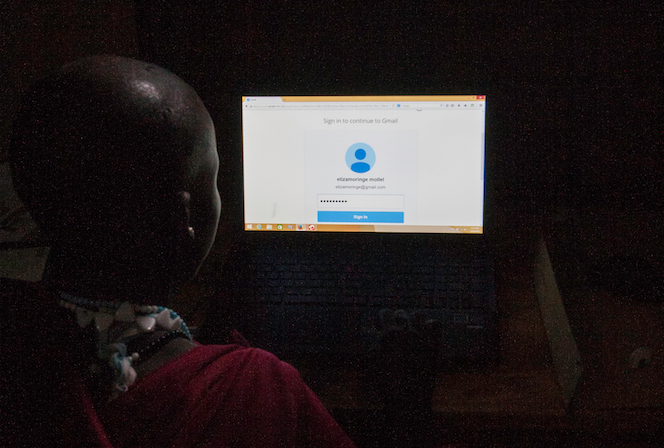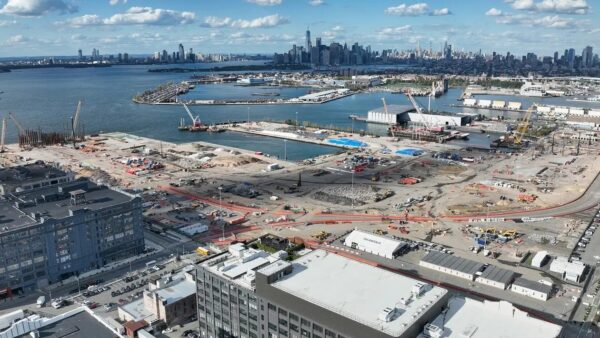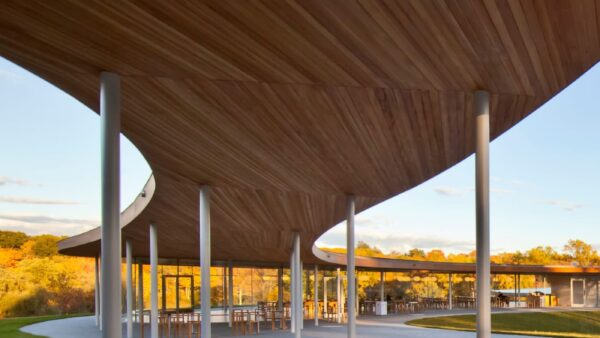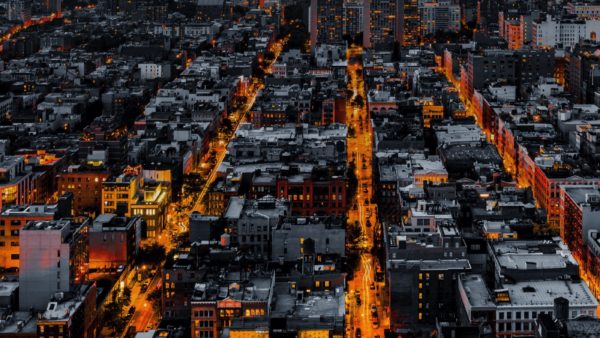As US President Barack Obama concludes his mini-African tour to Ethiopia and Kenya today, many are asking: whatever happened to his ‘Power Africa’ plan?
That was the ambitious scheme, launched first in June 2013 and then again with more fanfare in August last year, to invest $7bn in low-carbon electricity generation in six countries by 2018. (The six countries were to be Ethiopia, Ghana, Kenya, Liberia, Nigeria and Tanzania.)
Power Africa was supposed to add more than 10,000 megawatts of clean electricity and give at least 20 million new households and businesses access to power.
I am not aware of any concrete plans for power plants that have emerged as a result of Power Africa– Sam Amadi, chairman of the Nigerian Electricity Regulatory Commission
The point for Africans was to start reducing the huge power deficit that is holding the continent back. The point for the US was to forge closer economic links between its firms and Africa’s fastest-growing economies – and to try and catch up with China, which overtook the US as the region’s biggest trading partner in 2009.
Launching the initiative at the University of Cape Town in South Africa in 2013, Obama said it would bring “a light where currently there is darkness”.
But it hasn’t yet, and it’s becoming harder to see how the 2018 goals will be met.Â
Lost lender
One glaring problem is that the US bank that was to supply the bulk of the cash is now technically defunct.
Of the $7bn earmarked, the US Export-Import Bank (known as Ex-Im) was to supply up to $5bn.
The 81-year-old bank normally supplies loans, guarantees and insurance to customers overseas who are buying American goods, so this could have been a way of ensuring new African power schemes relied on American equipment and know-how.
Sixteen times in its history the Ex-Im bank has had its charter renewed by Congress, but last year it came under sustained fire from conservatives in the US for using taxpayers’ money to grease the wheels for a few of America’s biggest corporations, such as Bechtel, General Electric, Caterpillar and Boeing, while hordes of smaller US firms get no such help.
Even the phrase ‘Power Africa’ has changed in meaning from being seen simply as a U.S. government initiative to an effort that now involves a host of multilateral organizations and over 100 partners– Andrew M. Herscowitz, Power Africa’s coordinator
Among the bank’s critics are the Heritage Foundation, which calls the bank a “poster child for crony capitalism”, despite the bank having generated generated $675m in returns for US taxpayers last year, according to the White House.
At the end of June the Republican-controlled Congress went into recess without holding a vote on extending Ex-Im’s charter, meaning its authority to operate lapsed as of 1 July.
This week, on 22 July, Obama invited small businesses to Washington to help make the case to re-authorise the bank, but the situation was unresolved when the president departed for Africa the following day, and what the future holds for the Ex-Im bank is anybody’s guess.Â
Reform first
Apart from that towering hurdle, however, there are thornier on-the-ground issues.
Power Africa assumed the six African countries involved would change to suit American commercial preferences. Investments in the countries were to have been linked to policy and regulatory reforms that would attract private-sector investors.
A “Transactions Solutions Team” was assembled to promote power projects, and “Field-based Transaction Advisors” were dispatched to “help governments prioritize, coordinate, and expedite the implementation of power projects, while simultaneously building the capacity of existing host government ministries to deliver results”.
This has borne little fruit. One senior government official connected to the initiative admitted to The New York Times that “comprehensive structural change and reforms” take “time and patience”.
“The first year was just trying to get people in place to help do these deals. Now we want to focus on trying to get things off the ground,” he said.

A Power Africa-supported project brings solar power to the Maasai people of northern Tanzania (Jessie Bryson, USAID/Tanzania)
The scheme’s “transaction-centred approach” was supposed to be quick but, in one of the countries, Nigeria, it has so far produced only talk.
“I am not aware of any concrete plans for power plants that have emerged as a result of Power Africa,” Sam Amadi, chairman of the Nigerian Electricity Regulatory Commission, told The New York Times.Â
Sketchy details
So what has been achieved in two years?
Details are sketchy. Power Africa’s coordinator, Andrew M. Herscowitz, told the African CAJ News agency in February that the scheme had helped more than 4,000MW worth of power deals reach financial close in the six countries, which is 40% of the original target.
But, according to The New York Times, officials have conceded that many of those deals were were already in the works.Â
It is finding ways to help. In 2014 Power Africa gave a grant to an organisation, called the International Collaborative for Science, Education, and Environment, to help the Maasai people of northern Tanzania harness solar power.Â
In other ways, talking is still the order of the day.Â
“As I write this,” penned Herscowitz in the latest Power Africa newsletter (April 2015), “most of the Power Africa team is busy making plans to crisscross all of sub-Saharan Africa to scope out new opportunities. In the coming months, we will continue to meet with Africa governments to discuss how to partner to increase the amount of electricity available.”
Meanwhile, “Power Africa” can now mean many things, from presiding over “memoranda of cooperation” between US agencies and African utilities, to badging as “partners” companies – like Danish turbine maker, Vestas – who are already doing business in Africa.
Andrew Herscowitz appears to recognise this scope creep.Â
“Even the phrase ‘Power Africa’ has changed in meaning,” he wrote in April, “from being seen simply as a U.S. government initiative to an effort that now involves a host of multilateral organizations and over 100 partners. Some now refer to Power Africa more as a ‘movement’ than as an initiative.”
A cynic might see it more as a dash for relevance.
Main photograph: US President Barack Obama delivers remarks at the US-Africa Leaders Summit in Washington, DC, 6 August, 2014 (State Department photo/Wikimedia Commons)






